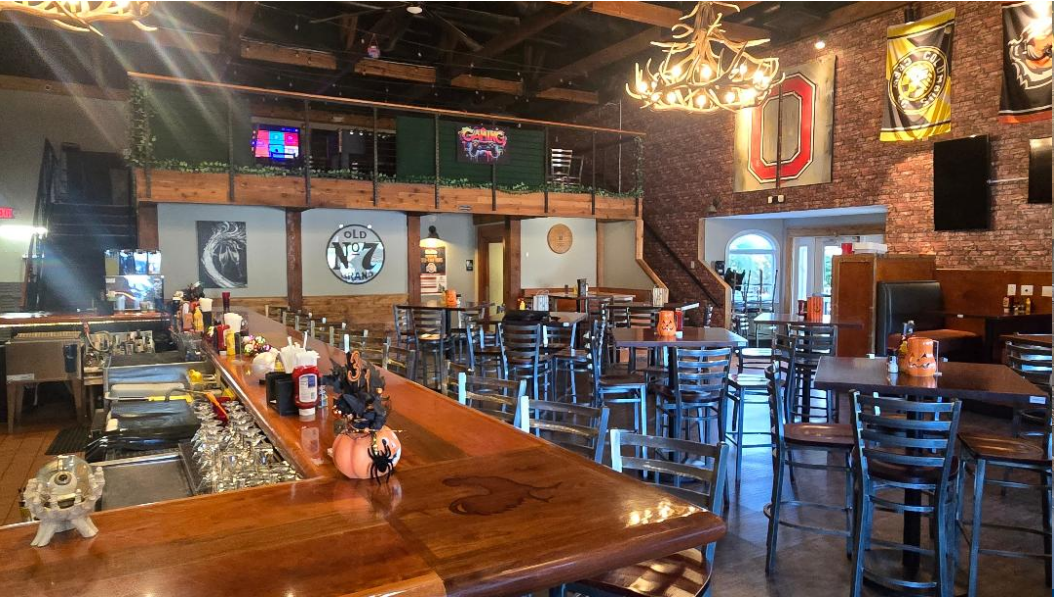Buying or selling a business is often the biggest transaction you will have in your life, maybe except for your home. Therefore, it can feel overwhelming. It’s crucial that you use accurate way to measure the real value of the business, reagardless of which side you’re on. If you fail to do this, you could end up in a disaster situation. So avoid pitfalls and enjoy a profitable transaction by following techniques, methods, and strategies that successful people use. Here’s how to determine the market value for a business:
Creating a plan for the business:
Will you owner-operate the business?
Deciding whether or not you will own and operate the business is a big step in deciding its value. This is mostly relevant if you’re buying one. If you’re selling it, it’s still important to understand the mind of your buyer.
If you are planning on operating it, rather than having a passive asset, this could affect how much time you have to put into it. If it makes you X amount of money over Y years…then you have to recalculate to add your time into the equation. Know how much your time is worth and then you know how much the business is really worth.
Will you exit or sell the business?
If you plan on selling the business after you buy it, you could multiply the amount of times the revenue duplicates over that sell period. However, if you’re going to exit it in another way (investment), you should view its value in the lens of how much people are willing to put their hard earned funds into it while it’s still growing when you want to evaluate a business for sale.
Financial information provides most accurate data
Rely on documented sales and expense data
A common tactic when selling a business is that owners will give you all kinds of great stories as to how successful it is. They’ll use general phrases like “great” and “growing.” The problem is, this is all subjective. To get to the bottom of how much the business is worth, you need to cut through those vague terms and get to the numbers: what is documented as their expenses and sales on paper? This is your answer.
Sources
- Quickbooks – When looking for sales and expenses, make sure you look at their Quickbooks. Virtually every business today uses this software. If they don’t on a regular basis, then their accountant almost surely does. It is organized in a way to make it easy to separate and sort categories when you want to evaluate a business for sale.
- Book Keeper – Arrange a personal interview with their bookkeeper when you want to evaluate a business for sale. You never know when you’ll find some things that they know that the owners left out. The book keeper will have daily inside knowledge of the runnings of the business, so their opinion is invaluable.
- Annual Profit/Loss statement – The P and L is the proof in the pudding. From small businesses to mega corporations, you need this document.
- Other legitimate ways to separate out business expenses -Bring in tax, accounting, and legal experts when you want to evaluate a business for sale. Often times they can find expenses that are categorized in certain ways to your advantage.
Other evaluation methods
- Broker based opinions – It’s never a bad idea to bring in a broker. Our second opinions give you a professional insight into what will sell, for how much, and what won’t.
Lending Capacity
- Francises v Independent businesses – Franchises are able to leverage the track record of the parent company and proven business model to secure higher levels of financing than independent businesses. Depending on the buyer’s plans for the business after the fact, this can be a big factor. Don’t overlook it. It’s key when you want to evaluate a business for sale.
Price business based on adjusted cash flow using a multiplier
An ecommerce store online might be priced differently than an auto parts store. Ecommerce, for example, often sees 20x multiples on monthly profit. By knowing cash flow, you know where it should be priced, whether you’re buying or selling.
List price and market price should be close to one another
Owners evaluation
The owners of businesses for sale in Columbus OH may often have certain reasons behind their pricing. Perhaps it’s too low because they’re desperate. Maybe it’s too high because they’re overvaluing it. Understand that the owner’s initial offer is not the final word.
May be emotionally based Emotions can cause a lot of deals to get complicated. When evaluating a business for sale, keep the emotions in check. People are people, but the numbers don’t lie. Listen to the data every time and you’ll be just fine.
Owner has historical ties to business. If the owner is the face of the business, you should consider this. Often times, restaurants will change hands only to lose business.
Professional opinion
- Fact based – You get the facts with professionals, such as brokers. We don’t sugar coat it, which gives you an advantage going into the transaction.
- Data driven – Using data, we can help you arrive at a comfortable and fair price. Big data today allows us to pull from various comparable businesses based on reasonable historical data and facts. Don’t get distracted by emotion and outside circumstances.
- May include calculations of operations and equipment
Human and physical capital all come into play. The valuation will be determined based on the combination of these, otherwise it wouldn’t be accurate.
Evaluate Businesses for Sale in Columbus, OH
When it comes to buying or selling a business, it isn’t easy. However, it can be made more tolerable and you can achieve more financial success from the transaction if you use the right data in the right way. Don’t make the common mistakes people make that ends them up regretting their decision. Instead, follow the outlined strategy above and you’ll see your bank account grow to new levels.
If you’re interested in businesses for sale in Columbus OH, let the professionals help. Get in touch with us at Sokol and Associates today.



